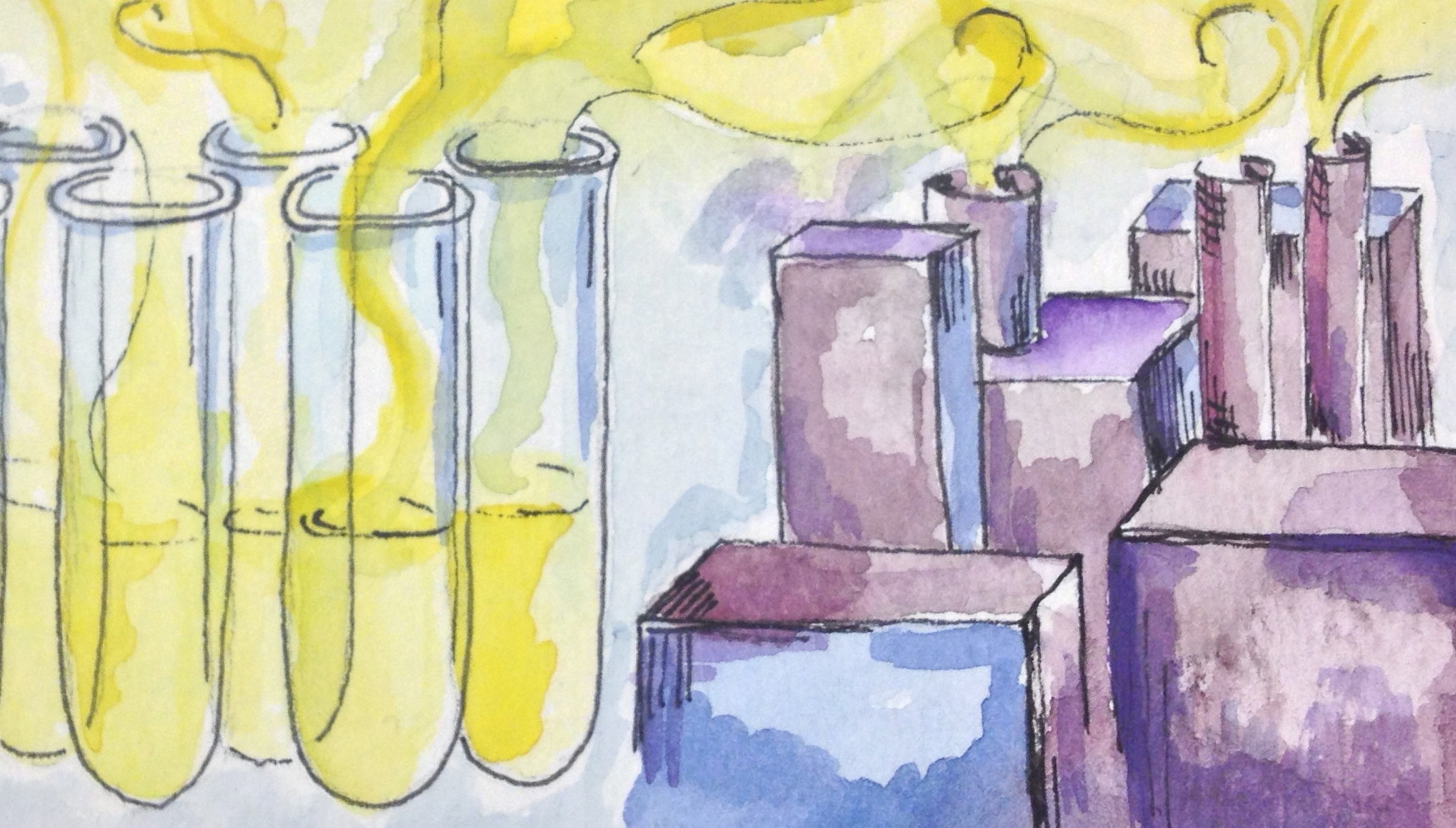By Adam Bouche
Politicians have a difficult time grasping the scientific method. All too frequently, scientific knowledge and research is hastily dismissed during the formulation of policy. At a time when 84 percent of the public believes that science is beneficial to society, and 75 percent believes that it’s appropriate for scientists to engage in political debates, politicians nevertheless continue to forgo scientific research, effectively creating a barrier between policy and science. While scientists can be as “arrogant and pigheaded” as anyone else, says U.S. Congressman Rush Holt (D-NJ-12), it doesn’t excuse Congress devaluing the scientific process and the research it produces. Holt should know; he’s one of only two physicists currently serving in the House of Representatives.
Only 33 of the 535 officials serving in the House and the Senate have technical training in science and technology. As a former physicist at Fermilab, the premier particle physics research laboratory in the United States, Dr. Bill Foster (D-IL-14) can testify to the lack of a scientific approach in political discourse. He once witnessed a fellow Democrat advocate for an energy policy with supporting statements such as “windmills poll so well”. This is but one of many instances which illustrate a ubiquitous lack of scientific understanding and demonstrate the need for Congressional deliberations to employ a rigorous, fact-supported framework like the scientific method.
The scientific method generates a thorough understanding of natural phenomena. But even the best understanding is neither immutable nor free from errors and biases. Particularly in recently established fields, each paper published can alter the common scientific understanding of the facts, especially when studies attempt to model and predict events. This constant revision is seen as a weak point for science — a supposed lack of credibility — especially to an austerity-hungry Congress that either wants to act with 100 percent certainty or not at all. But instead of being the safeguard they view themselves as, Congress’ lack of action actually hinders scientific certainty. The cycle of mutual uncertainty places the country at risk of stagnation at a time when action is needed to spur critical innovations that historically have been propelled by government funding. A scientifically based political discourse could help elected representatives understand the sequence of continual questioning and retesting that is used to produce knowledge.
Holt argues that science forces discourse away from the spin of conventional, ideology-driven politics, because it is inextricably fettered to evidence. “Evidence has a democratizing effect that is healthy for our country,” says Holt. He argues that politicians need to “learn to refine [their] understanding of a question based on evidence” in order to revise and construct better policies.
A new Congressional status quo of evidence-based argumentation would help liberate politicians from ideological pressures by allowing balance and flexibility in politics. And to a public weary of rehashed vitriol and recycled debates, the scientific method could provide an insightful gust of clean air to displace stale arguments. While broadened dialogue between politicians and scientists may be a first step, Foster, the other physicist in Congress, worries that dialogue may not be enough. A wide gap exists, he says, between science’s long-term benefits and the short-term political “investments…all about getting [re]-elected” that politicians make.
But the barriers aren’t just on the side of the politicians. According to Cornelia Dean, a science writer for the New York Times, there is pressure within the scientific community to keep a distance from politicians. Some argue that time spent away from the lab bench is time wasted. There is also a fear among scientists that political action will result in criticism from the scientific community. Carl Sagan, often credited for popularizing science through the television program “Cosmos,” was famously denied admission to the National Academy of the Sciences due to his outspoken political views and his success as a personality in the public sphere. Dean argues that scientists must overcome these obstacles and change the culture of condemnation in order to provide for the greater good, but that “as a group, scientists and engineers have exempted themselves…to a degree that hurts us as a society.” As voters of an influential nation and as stakeholders in the collective human fate, the public is in a unique position to compel scientists and engineers to engage with politics.
Likewise, Congress must realize that it can no longer shirk the imperatives that scientific research brings to light. Quality controls ought to lie at the heart of politics as well; as policies are assessed and updated, they should be revised in a manner that is consistent with scientific fact and the scientific method of observation, questioning and testing. The empirical process of science, a factual basis on which value judgments can be weighed, could be the key to realizing this reality. Instead of holding out on action for a certainty that may never come, taking scientifically informed chances is the best way to ensure that humanity is not caught unprepared before environmental, social and economic problems swell to unmanageable proportions.
Art by Katrina Machado
